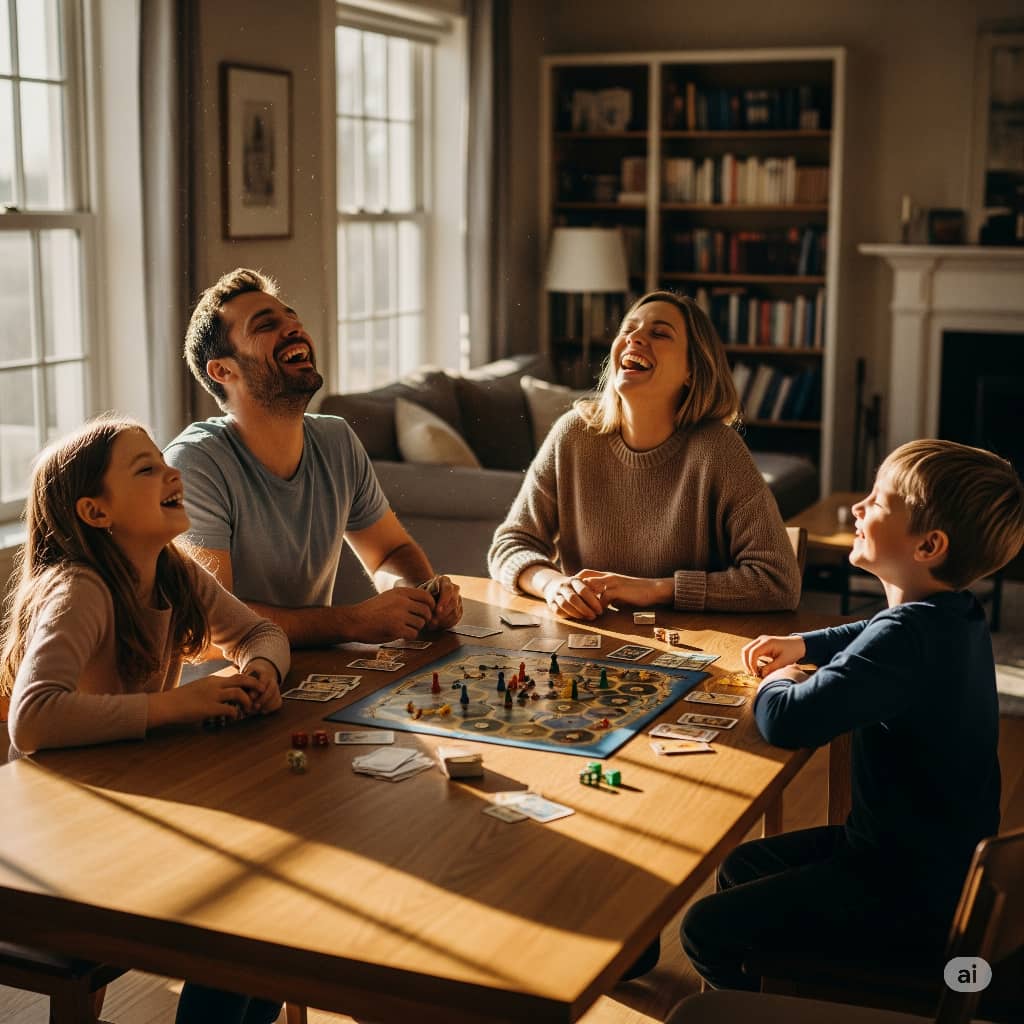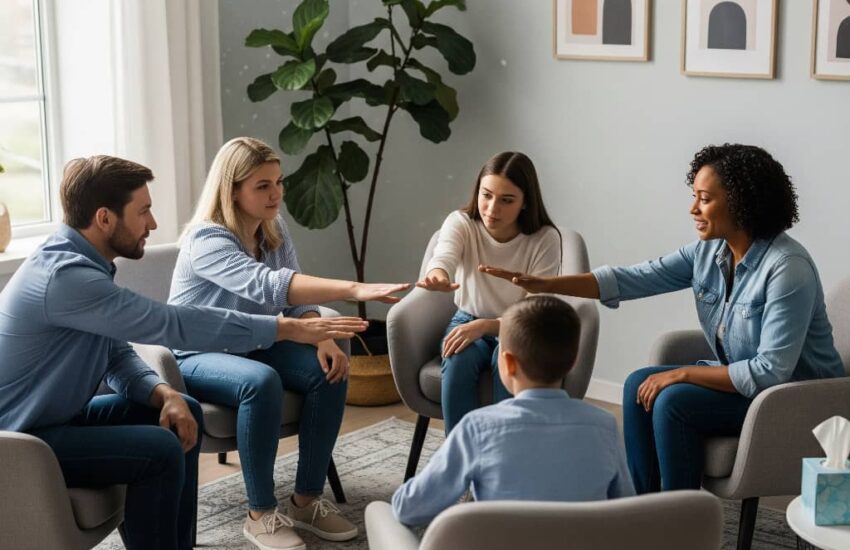Family therapy isn’t just for crises. Discover how this powerful approach can transform ordinary family dynamics, creating deeper connections and healthier relationships. The first time our family sat in that slightly-too-small therapy office, we weren’t dealing with any major catastrophe, no divorces, no addictions, no estranged children. We were just… stuck. Stuck in the same arguments about household responsibilities and stuck in predictable patterns of miscommunication. Stuck feeling more like irritable roommates than a connected family. What began as a last-ditch effort to stop the daily friction became the surprising key to rediscovering our joy in each other.
Family therapy operates on a radical premise: that what we call “family problems” are rarely about any one person, but rather about the spaces between people, the communication channels that have gotten clogged, the emotional connections that have frayed, the unspoken rules that no longer serve us. Our therapist compared it to tuning a guitar; you can have perfect individual strings, but if they’re not in harmony with each other, the whole instrument sounds off.
What surprised me most was how quickly small shifts made big differences. When our therapist had us practice “reflective listening”, actually repeating back what we heard before responding our dinner table arguments went from volcanic eruptions to actual conversations. Learning that my teenager’s eye-rolling wasn’t disrespect but an anxiety response changed how I parented. Discovering that my partner’s “nagging” came from feeling unheard transformed our marriage. These weren’t dramatic breakthroughs, but accumulated insights that slowly rewrote our family culture.
The financial cost, while not insignificant, paled in comparison to what we were already spending on the symptoms of our disconnection, impulse purchases to cope with stress, takeout meals because no one could cooperate in the kitchen, even medical bills for stress-related conditions. After just three months, we calculated the therapy had actually saved us money by reducing these collateral expenses.

Perhaps the most unexpected benefit was how therapy gave us shared language for our struggles. Now when tensions rise, someone will jokingly say, “Hey, we’re triangulating again,” referring to when two members team up against a third. These inside jokes became pressure valves, diffusing conflicts before they escalated. Our therapist called this “building a family culture of repair,” where mistakes become opportunities to practice new ways of relating rather than reasons for punishment.
The process wasn’t always comfortable. Some sessions left us raw. Others felt frustratingly slow. But gradually, we began carrying the therapy room’s safety into our home. Hard conversations happened before resentments built up. Vulnerabilities were shared without fear. Small appreciations were voiced regularly. We became, as our therapist promised, “architects of our family experience” rather than victims of circumstance.
What began as a desperate attempt to stop the daily friction became something far more profound, a rediscovery of why we chose to be a family in the first place. The shared jokes returned. The spontaneous hugs increased. Even our physical health improved as the constant low-grade stress lifted.
Family therapy doesn’t promise perfect harmony, we still argue, sometimes loudly but it gave us the tools to navigate conflicts without damaging our connections. In a world that constantly pulls families apart, that might be the most valuable gift of all.
References
Wallis, J., James, R., & Rhodes, J. (2024). *A practical guide to family therapy: Structured guidelines and key skills* (2nd ed.). Routledge. http://www.taylorfrancis.com
Richardson, R. W. (2011). *Family ties that bind: A self-help guide to change through family of origin therapy* (4th ed.). Self-Counsel Press.
Horton, L. (n.d.). Family therapy: A guide to strengthening relationships, enhancing mental health, resolving conflicts, and achieving peace* [eBook]. Barnes & Noble. https://www.barnesandnoble.com/w/family-therapy-laurie-horton/1147496192
Perry, P. (2017). The book you wish your parents had read: How to break the cycle and raise emotionally healthy children.
Covey, S. R. (2013). The 7 habits of highly effective families

